In a surprise announcement, HTC on Thursday revealed two new flagship phones, the U Ultra and U Play — both of which, like Apple's iPhone 7, abandon a headphone jack in favor of digital-only audio.
Instead, sound for the U series is delivered through Bluetooth, the phones' USB-C ports, or the company's signature "BoomSound" speakers. HTC has stripped out a headphone jack on previous phones, namely the Bolt.
The Ultra sports two displays, including a 5.7-inch, 2560-by-1440 primary LCD, and a 2-inch 160-by-1040 secondary screen used to launch apps and contacts, with an option to show reminders and notifications. The Play has just a single, 5.2-inch 1080p screen.
The secondary display on the Ultra will also serve as a conduit for Sense Companion, a digital assistant that supports both voice and touch interactions without the primary screen being active.
The Ultra also has a Snapdragon 821 processor, 4 gigabytes of RAM, and 64 gigabytes of built-in storage, with expansion possible via MicroSD. Its home button includes an integrated fingerprint sensor, and on the rear is a 12-megapixel camera with optical image stabilization and HTC's UltraPixel technology, which enables better low-light shooting. The front camera uses more conventional technology, but with a 16-megapixel sensor.
Both cameras on the Play are standard 16-megapixel cameras with f/2.0 apertures, neither offering optical stabilization. While using a slower MediaTek Helio P10 processor, the phone will have MicroSD and options for 32 or 64 gigabytes of built-in storage, and 3 or 4 gigabytes of RAM.
HTC is now accepting preorders for the Ultra, which should ship in mid-March for $749 — in the U.S., unlocked models will only be compatible with AT&T and T-Mobile. The Play should ship sometime in early 2017 at a price yet to be announced.
Only some phone makers have followed Apple in removing headphone jacks. Others, like Google, have not only kept jacks in place but marketed it as an advantage.
 Roger Fingas
Roger Fingas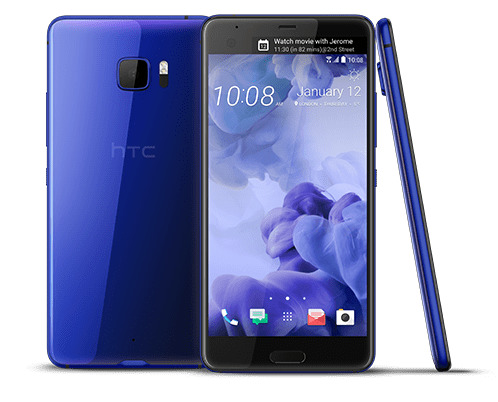

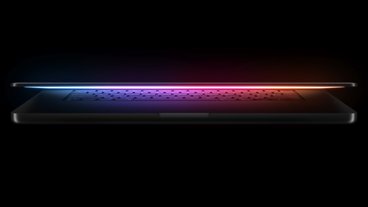


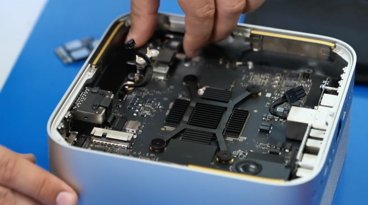



 Charles Martin
Charles Martin
 Christine McKee
Christine McKee
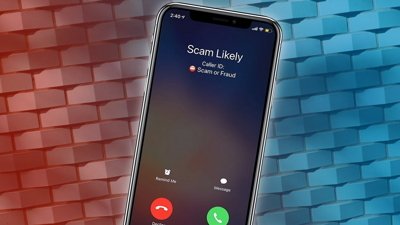

 Oliver Haslam
Oliver Haslam
 William Gallagher
William Gallagher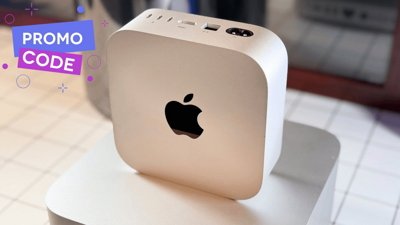

 Sponsored Content
Sponsored Content
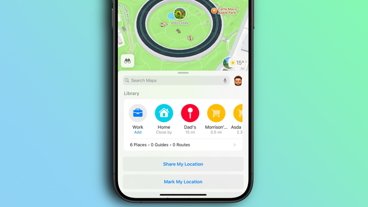
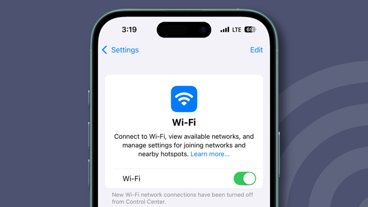






45 Comments
I wonder if HTC will see the same whining Apple did? Its only a matter of time before most if not all of the popular smartphones follow Apple's lead with this.
It is awfully quiet here...where are the dozens of posters that said the iPhone 7 abandoning analog audio out was the stupidest decision ever?